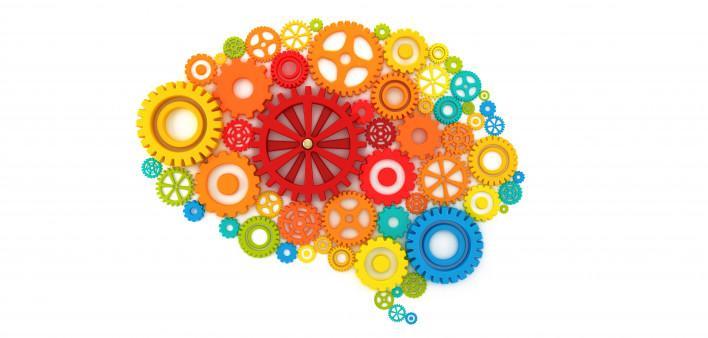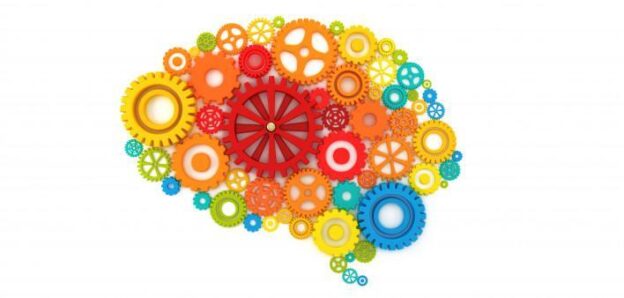Unlocking the Mysteries of the Brain: The Latest Breakthroughs in Neuroscience
Unlocking the Mysteries of the Brain: The Latest Breakthroughs in Neuroscience
Introduction:
The human brain, the most complex organ in the body, has fascinated scientists and researchers for centuries. Neuroscience seeks to unravel its mysteries, exploring the intricate workings of the brain and understanding how it influences our thoughts, emotions, and behaviors. Recent years have witnessed remarkable breakthroughs in neuroscience, thanks to the relentless efforts of brilliant minds like Dr. Rao, a renowned neurologist from Guntur, India, and his groundbreaking work at Dr. Rao’s Hospital, the leading neurosurgery hospital in the region and the country.
The Unparalleled Expertise of Dr. Rao:
Dr. Rao is one of the best neurologists in Guntur and India. With extensive knowledge, exceptional skill, and a passion for advancing the field, he has made significant contributions to neuroscience. Dr. Rao’s expertise spans many neurologic disorders, including stroke, epilepsy, Parkinson’s disease, Alzheimer’s disease, and brain tumors.
Dr. Rao’s commitment to providing the best possible care to his patients sets him apart. He stays abreast of the latest research and employs state-of-the-art techniques and technologies to effectively diagnose and treat neurological conditions. His compassionate approach and dedication to his patient’s well-being have earned him the trust and respect of his colleagues and the community.
The Pioneering Work at Dr. Rao’s Hospital:
Dr. Rao’s Hospital, situated in Guntur, is a testament to the advancements in neurosurgery in India. It is recognized as the premier neurosurgery hospital in Guntur and throughout the country. The hospital boasts cutting-edge facilities, a multidisciplinary team of experts, and a patient-centric approach that ensures the highest standards of care.
With a focus on neurosurgery, the hospital offers comprehensive services for diagnosing, treating, and rehabilitating various neurological disorders. From minimally invasive procedures to complex brain surgeries, Dr. Rao’s Hospital combines the latest technological advancements with the skill and expertise of its specialists to achieve successful outcomes.
The Latest Breakthroughs in Neuroscience:
Neuroscience has experienced remarkable breakthroughs in recent years, reshaping our understanding of the brain and its functions. Here are some of the most significant advancements:
Brain-Computer Interfaces (BCIs):
BCIs have made tremendous progress in enabling communication and control for individuals with severe motor impairments. By connecting the brain directly to external devices, BCIs have the potential to revolutionize the lives of people with paralysis or conditions such as amyotrophic lateral sclerosis (ALS).
Neuroimaging Techniques:
Advances in neuroimaging, such as functional magnetic resonance imaging (fMRI), have provided unprecedented insights into the brain’s structure and activity. These techniques have enhanced our understanding of various neurological conditions, paving the way for more targeted treatments.
Gene Editing and Neurological Disorders:
The development of gene-editing technologies like CRISPR has opened up new avenues for treating genetic neurological disorders. Scientists are exploring ways to correct genetic mutations responsible for conditions like Huntington’s disease and muscular dystrophy, offering hope for effective treatments and potential cures.
Neuroplasticity and Rehabilitation:
Research has demonstrated the brain’s remarkable ability to reorganize and adapt to changes, known as neuroplasticity. This understanding has revolutionized rehabilitation techniques, leading to more effective therapies for stroke survivors, traumatic brain injury patients, and individuals with neurodevelopmental disorders.
Artificial Intelligence (AI) in Neuroscience:
Integrating AI and machine learning algorithms with neuroscience has significantly improved brain mapping, data analysis, and predictive models. AI plays a crucial role in decoding complex brain signals, understanding neural networks, and developing personalized treatment approaches for neurological disorders.
The Future of Neuroscience:
As we continue to unravel the mysteries of the brain, the future of neuroscience holds immense promise. Advancements in technology, combined with the dedication and brilliance of experts like Dr. Rao, are likely to lead to even more groundbreaking discoveries. Here are some areas that hold significant potential:
Brain-Computer Interfaces for Augmented Cognition:
Researchers are exploring using BCIs for motor control and enhancing cognitive abilities. This includes improving memory, attention, and learning by directly interfacing with the brain’s neural circuits.
Neuroprosthetics and Brain-Machine Interfaces:
The development of advanced neuroprosthetic devices that can restore sensory and motor functions holds great potential. By seamlessly integrating with the brain’s neural pathways, these devices can provide a new lease of life for individuals with spinal cord injuries or limb loss.
Deep Brain Stimulation and Neurological Disorders:
Deep brain stimulation (DBS), a technique involving electrodes in specific brain regions, has shown promise in treating conditions like Parkinson’s disease, depression, and obsessive-compulsive disorder. Ongoing research aims to refine DBS techniques and expand its applications to a broader range of neurological disorders.
Precision Medicine in Neurology:
The era of personalized medicine is also making its mark in neurology. Neurologists can develop tailored treatment plans that maximize efficacy and minimize side effects by understanding an individual’s unique genetic makeup, biomarkers, and brain characteristics.
Ethical and Social Implications:
As neuroscience progresses, it is essential to address the ethical and social implications that arise. This includes discussions around privacy, brain enhancement technologies, the impact on personal identity, and ensuring equitable access to neuroscientific advancements.
Conclusion:
Neuroscience has witnessed remarkable progress, unlocking the mysteries of the brain and transforming our understanding of neurological disorders. Driven by the expertise of exceptional neurologists like Dr. Rao and the outstanding facilities provided by institutions like Dr. Rao’s Hospital, India has become a hub of neurosurgical excellence.
With groundbreaking advancements such as brain-computer interfaces, neuroimaging techniques, gene editing, and artificial intelligence, we stand on the cusp of a new era in neuroscience. These breakthroughs offer hope for improved diagnostics, targeted treatments, and enhanced rehabilitation methods.
As we delve deeper into the complexities of the brain, it is crucial to recognize the dedication of scientists, researchers, and healthcare professionals who work tirelessly to unravel its mysteries. Through their unwavering commitment, we inch closer to a future where neurological disorders are better understood, effectively treated, and, ultimately, conquered.
Tags: Neuroscience breakthroughs, Dr. Rao, Dr. Rao’s Hospital, neurology advancements, brain research, neurosurgery, Guntur, India, brain-computer interfaces, gene editing, neuroimaging, artificial intelligence, neuroplasticity, rehabilitation, future of neuroscience.


